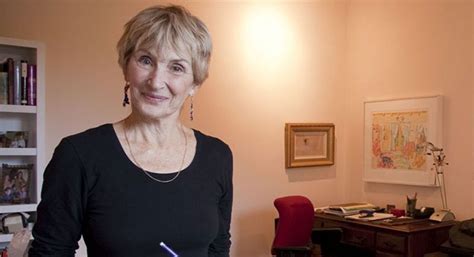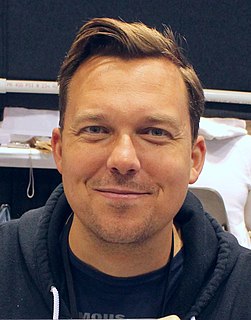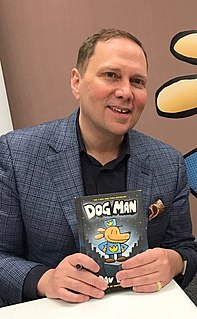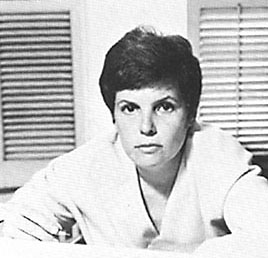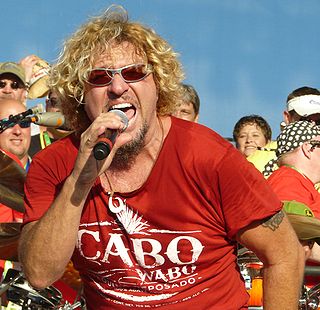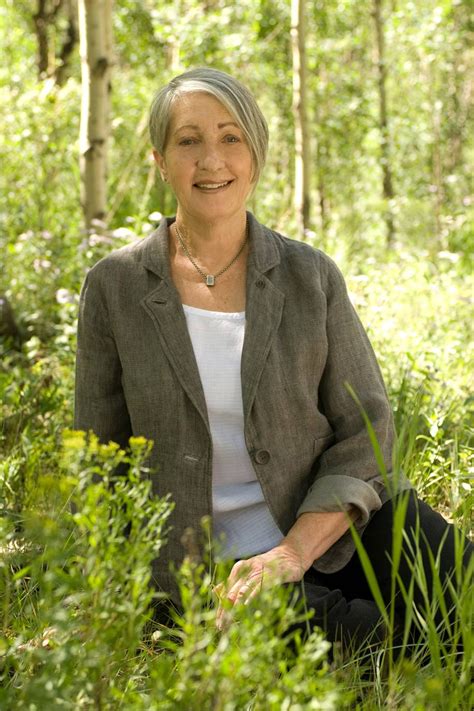A Quote by Jeffrey Eugenides
She thought a writer should work harder writing a book than she did reading it.
Related Quotes
Our house was littered with books- in the kitchen, under the beds, stuck between the couch pillows--far too many for her the ever finish. I suppose I thought if my grandmother kept up her interests, she wouldn't die; she'd have to stay around to finish the books she was so fond of. "I've got to get to the bottom of this one," she'd say, as if a book were no different from a pond or a lake. I thought she'd go on reading forever but it didn't work out that way.
It's much harder to say "I'm going to kill three of the biggest characters in your universe in a gruesome bloodbath." There can be a lot of differing opinions in a mainstream comic book, you know? "Rogue would never do this!" But I can say, "No, Rogue suffered the death of Charles Xavier and it broke her down and she stumbled into a dark place and she started fixating on the Scarlet Witch as the cause of it all" ? which, there is a logical chain of events that lead to the Scarlet Witch. And in the confusion, she thought Wanda was up to doing it again and she did what she thought was best.
Her future, she thought, was likely to be worse than her past, for after her years of contented renunciation, she had slipped back into desire and longing; she found joyless days of distasteful occupation harder and harder; she found the image of the intense and varied life she yearned for, and despaired of, becoming more and more importunate.
She didn't care anymore... and she got no pleasure from the work she did, but she did it. Everything bored her. She found that when she didn't have a notebook it was hard for her to think. The thoughts came slowly, as though they had to squeeze through a tiny door to get to her, whereas when she wrote, they flowed out faster than she could put them down. She sat very stupidly with a blank mind until finall 'I feel different' came slowly to her mind. Yes, she thought, after a long pause. And then, after more time, 'Mean, I feel mean.
The thing I'm writing now, I have various characters, and all of a sudden, out of nowhere, this couple dies. And they have a daughter. ...I thought, 'OK, we have to do something with the daughter' ... then I realized she's not really their daughter. She has her own story. And she's become the most interesting character. She was this throwaway character that I didn't even conceive of before I started writing her into it, and now she's become very important in this book.
But when did you see her, talk to me? When did you see her go into the cave? Why did you threaten to strike a spirit? You still don't understand, do you? You acknowledged her, Broud, she has beaten you. You did everything you could to her, you even cursed her. She's dead, and still she won. She was a woman, and she had more courage than you, Broud, more determination, more self-control. She was more man than you are. Ayla should have been the son of my mate.



